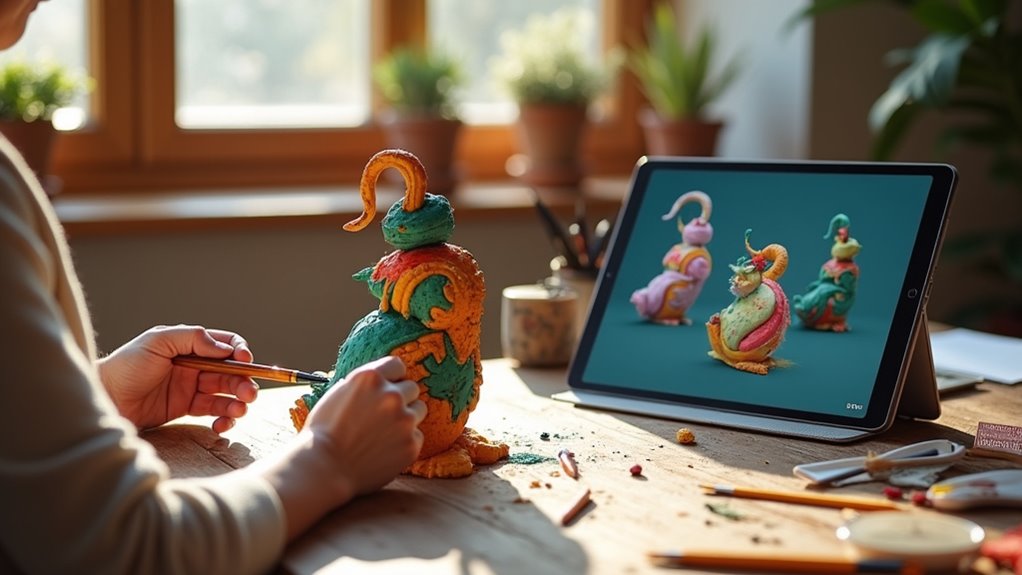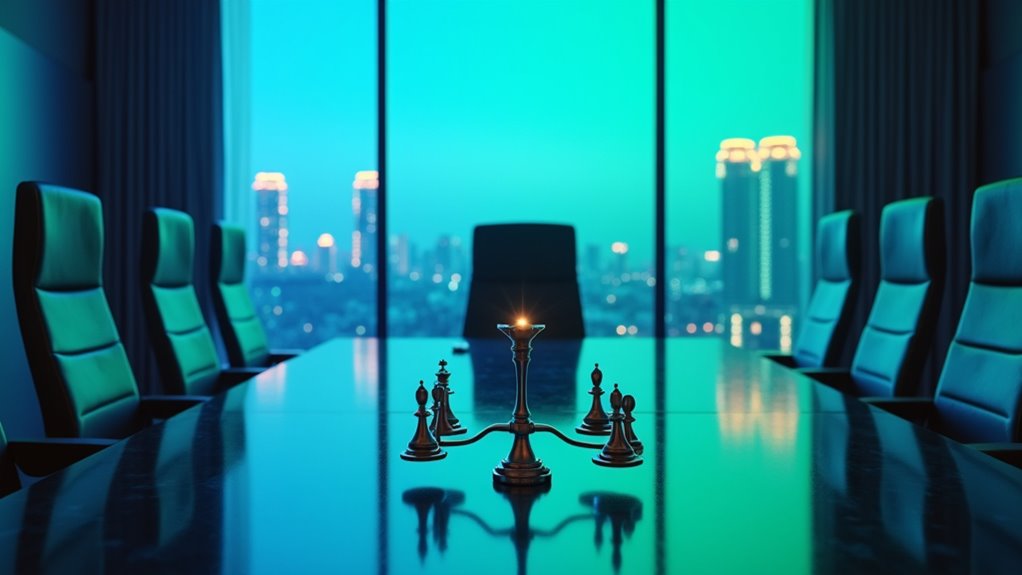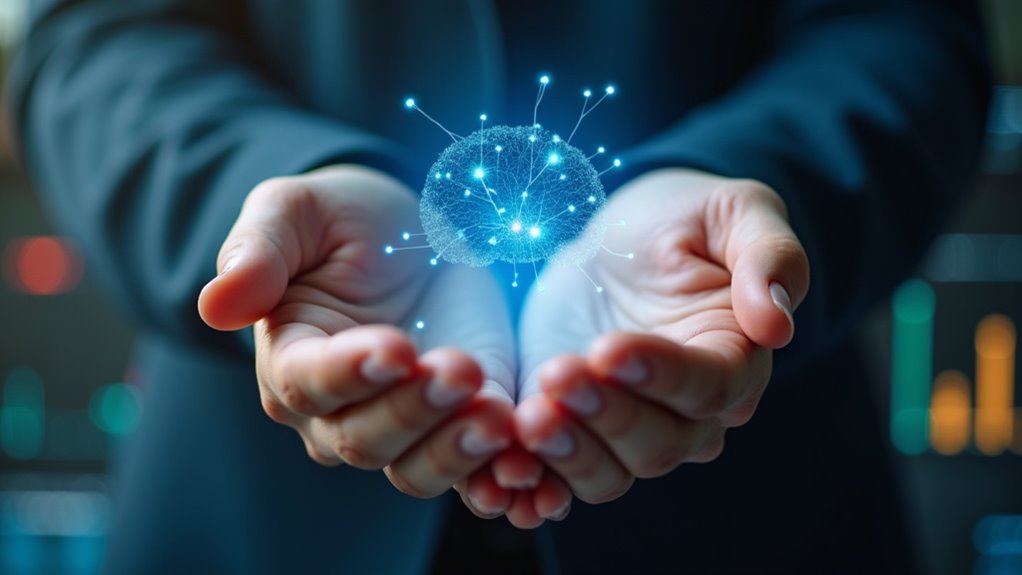Despite the rise of AI churning out art and stories faster than you can say “Skynet,” US copyright law isn’t fooled—humans *must* call the creative shots for copyright to stick. AI can assist, remix, and even spit out a decent sonnet, but unless a human is steering the creative process, judges aren’t handing out gold stars (or certificates). Copyright office: still more Team Spielberg than Team HAL9000. Want to know who’s really in the director’s chair? Stick around.
Let’s not ignore the ethics. World Economic Forum types argue AI should boost, not replace, human creativity.
There’s real worry about devaluing creative work if machines do the heavy lifting. Transparency is the new black: Who did what, how much, and why? As AI adoption is primarily a business challenge, leaders must align teams and address these concerns to ensure creativity and trust remain at the forefront.
Also, privacy watchdogs are lurking, side-eyeing the data these AIs munch on for training. Facial recognition technology continues to misidentify people of color at alarming rates, raising serious ethical questions about its application in creative works. As organizations explore AI-powered automation and efficiency, the need for clear guidelines and responsible deployment becomes even more critical.
—
The future? Adapt or get out-innovated. As generative AI gets smarter, humans will need to flex new muscles—creative thinking, prompt engineering, AI literacy.
The copyright lawyer of tomorrow might moonlight as a prompt whisperer. For all the headlines, one thing’s clear: Machines can riff, but humans still call the tune.








